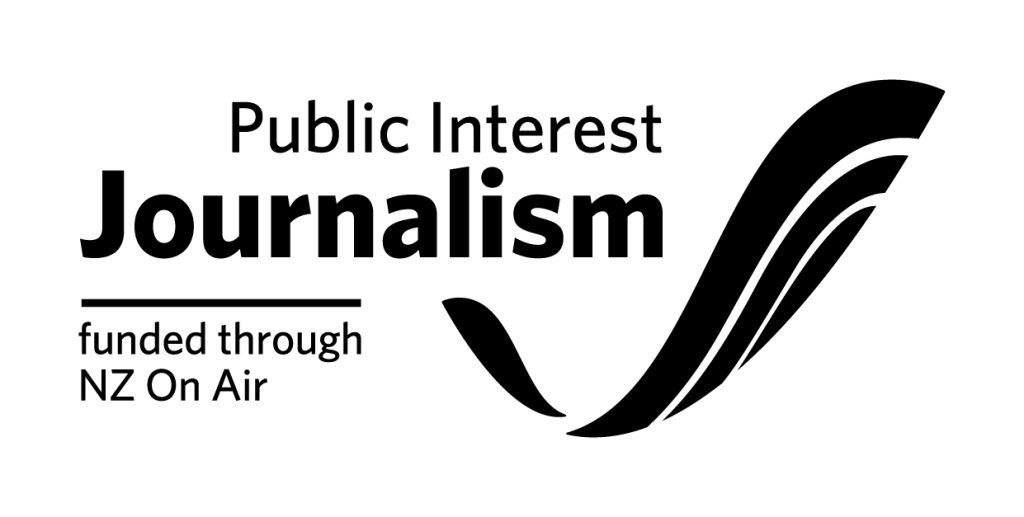An estimated one in three New Zealanders (over 1.5 million people) have been diagnosed with an allergy at some point in their lives.
By Ricky Matthew
AUCKLAND – Allergies are a common health issue in New Zealand, affecting a significant number of people. According to a report by the New Zealand Ministry of Health, an estimated one in three New Zealanders (over 1.5 million people) have been diagnosed with an allergy at some point in their lives. 1 in 10 infants in New Zealand will be doctor-diagnosed with a food allergy before they are 2 years of age.
Due to the significant occurrence of allergies in New Zealand, The Asian Network Incorporated (TANI) and Allergy New Zealand have taken action to increase awareness of allergies within the community. On February 23rd, the two organizations collaborated to deliver a “Quick Facts about Allergy” presentation to the Te Atatu community.

“We decided to do a talk about allergies because in the Summer and Spring seasons, allergies seem to be more prevalent,” said Ekta Kumar, the communications lead for TANI. “We are always looking to cover topics that provide timely information.
“I think that in 2022 we saw a higher incidence of allergies as well. It may or may not have been caused by Covid affecting our immune systems.”
The featured speaker at the Te Atatu event was Roann Ilao, a Filipina, who works as an Allergy Educator for Allergy New Zealand. Having experienced numerous allergies throughout her life, including those to food, medication, dust mites and pets, Roann’s personal and family struggles with allergies have inspired her to pursue a career with Allergy NZ.
“I have allergies every day, and at any time of the day. I am also on regular antihistamine medication. I also have a monthly immunotherapy (injection) for my immune and allergy-related conditions. That’s why it is my passion to talk about allergies.”
During her presentation, she gave an overview of the examples, possible causes, related conditions, management/prevention and available support organisations for allergies.

“An allergy is an overreaction of your immune system to substances called allergens (e.g. food, pollen, dust mites, moulds, drugs, pets and insects). During an allergic reaction your immune system incorrectly registers that these allergens are harmful to your body and releases histamine. Histamines cause allergic symptoms such as redness, itchiness, swelling, sneezing, etc.”
“Those who have allergies are familiar with the symptoms. You can have teary eyes, sneezing, rhinitis or hay fever symptoms, runny nose, coughing, and in case of severe reaction (anaphylaxis) you can experience symptoms like difficulty in breathing, swelling/tightness in the throat, etc. Anaphylaxis is a medical emergency – DIAL 111”.
Roann has had first-hand experience with these allergic reactions. “In 2018, I had a moderate allergic reaction affecting my skin and face (hives & swelling). In 2020 I was admitted to hospital because my whole body was swollen, and I couldn’t breathe.”
This has prompted her to educate herself and others on the causes of allergies. “One reason we may develop allergies is because of our family medical history, our genes. Our parents or grandparents might have allergies. My grandparents had asthma and allergies. However, their children did not have allergies but I, the grandchild, did. Now my children have allergies as well.”
“Additionally, people can be allergic to drugs. For example, I am allergic to Aspirin and Augmentin.
“Whenever I am in a hospital, clinic, or pharmacy, I always tell them that I am allergic to these medications so that they don’t prescribe them for me.”
“Food allergies and food-induced anaphylaxis are on the rise in New Zealand and globally. There is no cure.
People can have other adverse reactions to food that can be confused with food allergies. An example would be lactose intolerance. This is an intolerance to the sugar (lactose) in milk. Although food allergy and food intolerance might have similar symptoms, food allergy involves the immune system and can cause severe reaction while food intolerance involves the digestive system, not the immune system. You need to consult with your doctor to determine whether you have an allergy or an intolerance.”
How do we manage allergies?
If you suspect you suffer from allergies, please make an appointment with your GP, advises Roann. They can help you to develop an allergy management plan for you and your family. If your condition is complex, your GP may need to refer you to an allergy specialist.
“For patients diagnosed at risk of anaphylaxis their doctor may recommend they carry an EpiPen ® and will recommend an Anaphylaxis Action Plan for them.
“As a result of more than 40 years of co-ordinated advocacy by Allergy NZ and its clinical networks the EpiPen was approved by Pharmac to be fully funded from 1st February this year. You now need a Special Authority from your GP to receive 2 fully-funded EpiPens per year. Click here for more information about EpiPen ® funding.
“Another related condition is eczema. This is very common among Asian and Pacific children. Starship Hospital estimates eczema affects 25% children (https://starship.org.nz/guidelines/eczema-diagnosis-and-assessment/) The symptoms are redness, dryness, inflammation, and infection of the skin.” Eczema, like an allergy, is not contagious.”
Roann emphasized that “Allergies are not like Covid. Allergy is not contagious. You cannot pass the allergic symptoms (e.g. sneezing, itching) it to other people.”
Lack of awareness and support for people with allergies is still an issue in New Zealand. Roann spoke to this. “We need more allergy awareness among the Asian population, and Allergy NZ is trying to address this raise awareness through events like this health talk, their regular GP Allergy Updates, etc.”
Roann’s final advice – Please contact your GP or Healthline if you need any help with your allergies. You can also contact Allergy NZ if you or your family members need support with allergy-related matters”.
Allergy New Zealand. Email: allergy@allergy.org.nz; website: www.allergy.org.nz; Facebook and Instagram: Allergy New Zealand.





